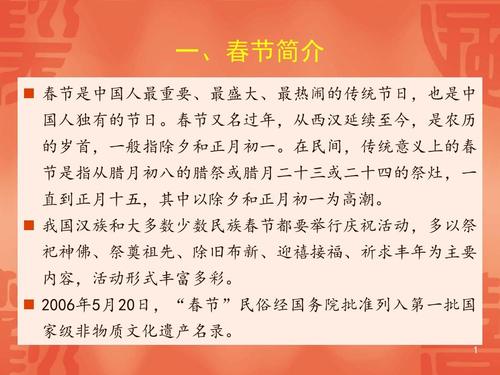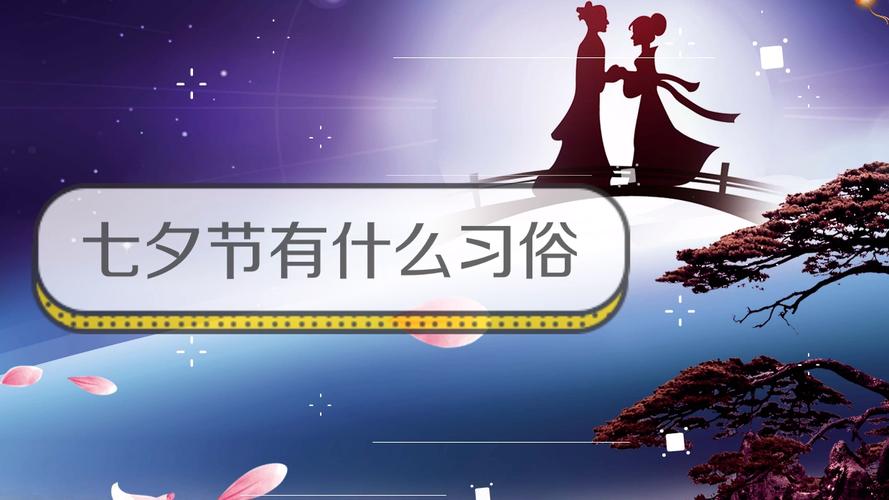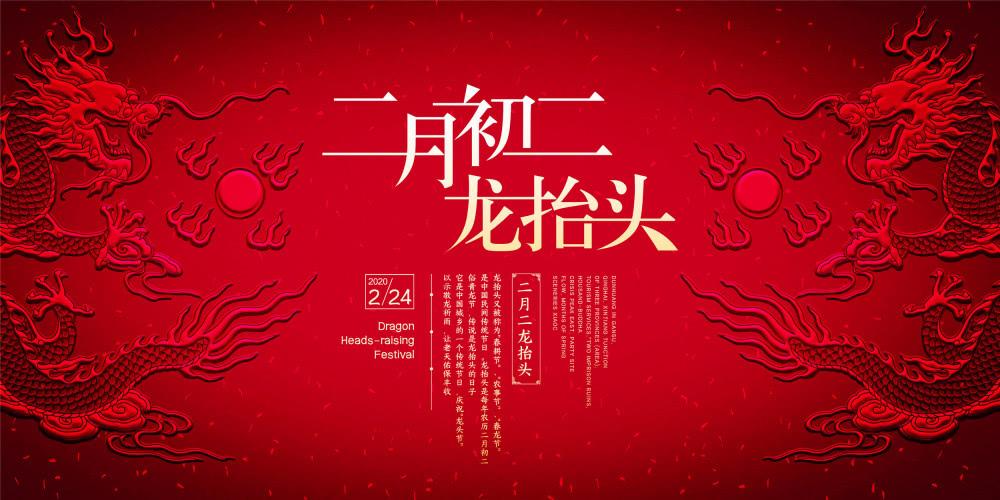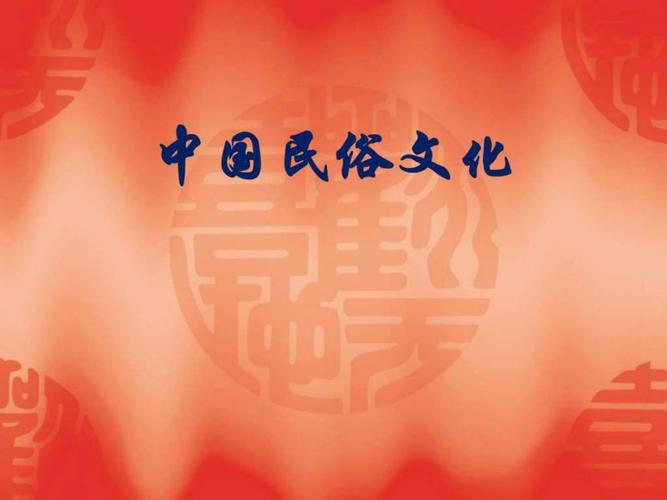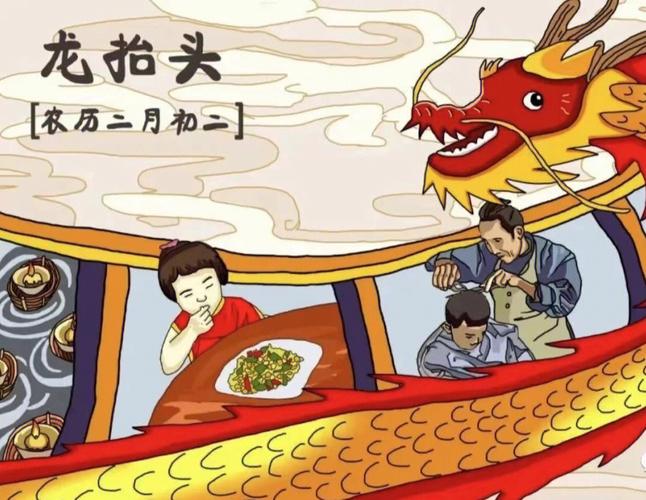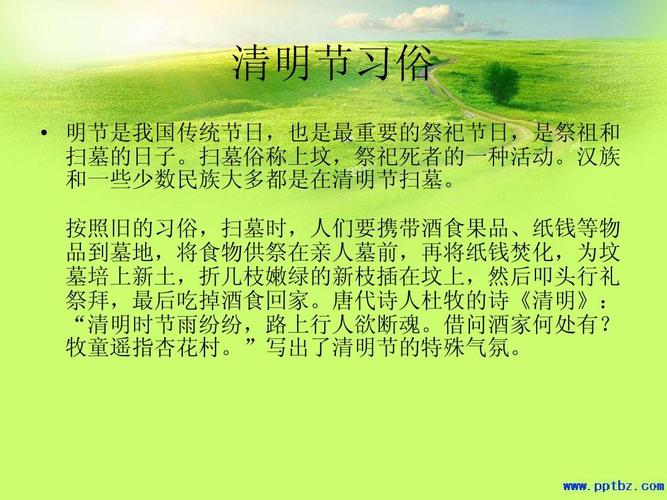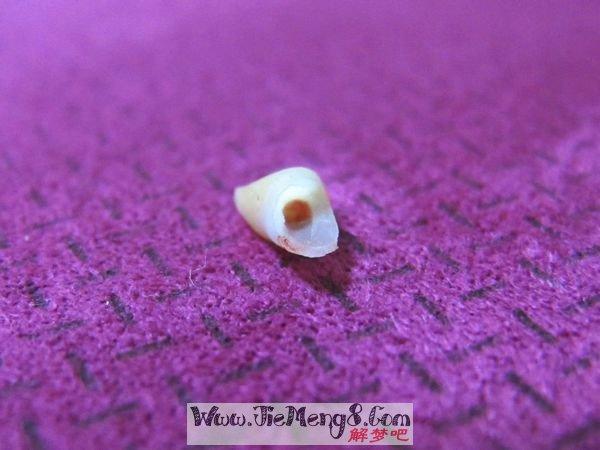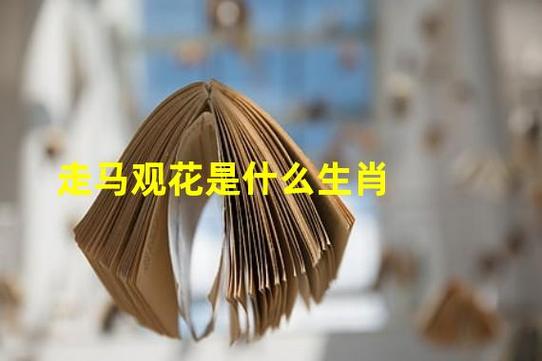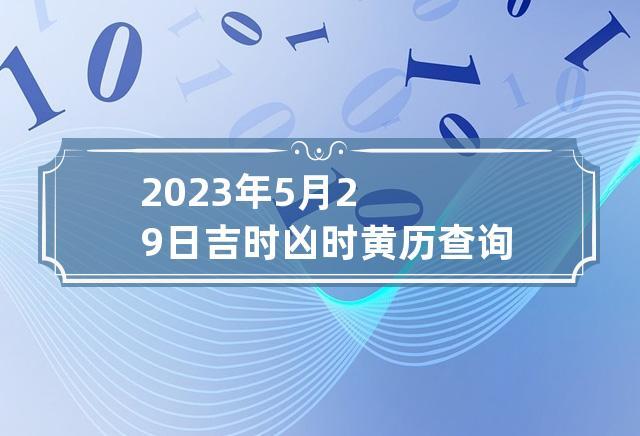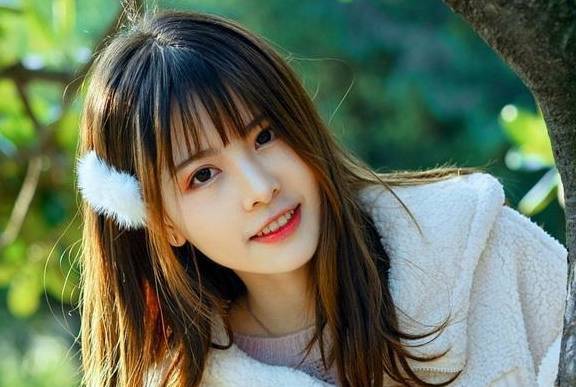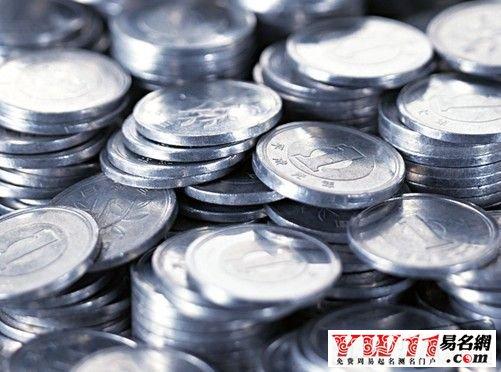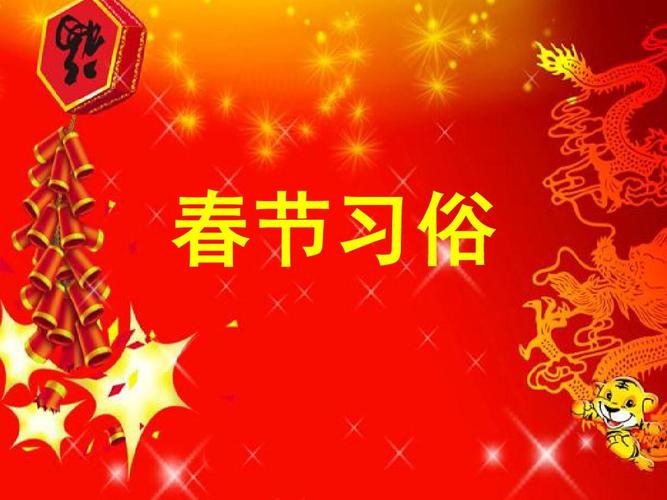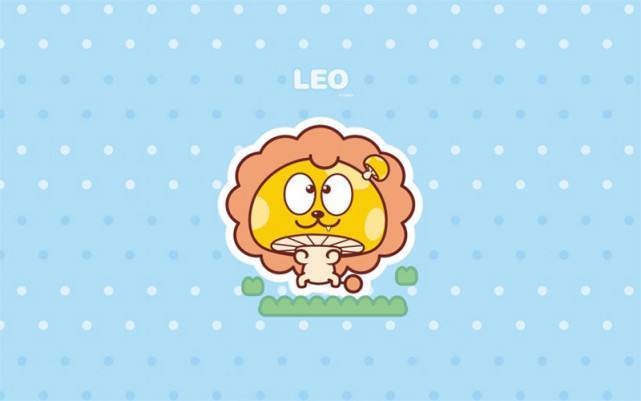摘要:Inconclusion,theSpringFestivalisanessentialtimeinChinaforfamilygatherings,expressionsofgoodwishes,andculturaltraditions.Itisatimeforpeopletohonortheirheritage,strengthenfamilybonds,andembracetheoptimismofanewbeginning.ThefestivalencapsulatesthehopesandaspirationsoftheChinesepeopleforhappiness,prosperity,andgoodfortuneinthecomingyear.
What is the significance of the Spring Festival in China?
The Spring Festival, also known as Chinese New Year, is the most important traditional festival in China. It marks the beginning of the lunar calendar year, and its significance is deeply rooted in Chinese culture. The festival is a time for family reunions, offering prayers to ancestors, and celebrating the arrival of the new year. It is believed that by participating in the customs and rituals associated with the Spring Festival, people can bring luck, prosperity, and happiness into their lives.
During this time, people prepare by cleaning their homes to sweep away bad luck and make room for good fortune. They decorate their houses with red lanterns and paper cuttings with auspicious symbols to bring in happiness and prosperity. Families gather for lavish feasts, exchange gifts, and give red envelopes containing money (called "hongbao") to children and unmarried adults as a symbol of good luck. Fireworks and firecrackers are set off to ward off evil spirits and bring in the new year with a bang.
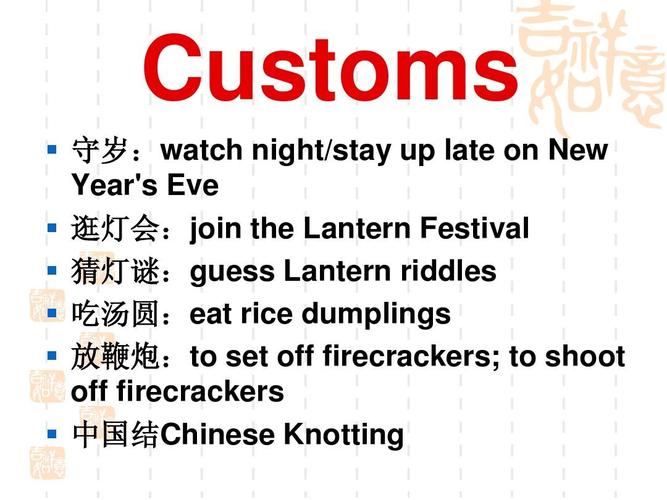
What are the traditional foods eaten during the Spring Festival?
Food plays a crucial role in the Spring Festival celebrations. Various dishes carry symbolic meanings associated with luck and prosperity. One of the most important traditional foods is dumplings. Shaped like ancient Chinese money, dumplings symbolize wealth and are often eaten on New Year's Eve. Another popular food is "nian gao," a sticky rice cake, which is believed to bring higher income, progress, and success in the coming year.
Fish is a must-have dish as it represents abundance and prosperity. It is customary to have a whole fish served at the reunion dinner, but leaving a bit of fish leftover for the next day is considered good luck, as it symbolizes surplus and wealth. Other traditional foods include spring rolls, symbolizing wealth and happiness; tangyuan, sweet rice dumplings symbolizing reunion; and longevity noodles, representing a long and healthy life.

How do people celebrate the Spring Festival?
The Spring Festival is a time for vibrant celebrations and age-old customs. The festivities typically start with the "New Year's Eve Dinner," also known as the reunion dinner. Family members gather to enjoy a sumptuous feast and exchange heartfelt wishes for the coming year. The evening is filled with laughter, storytelling, and reminiscing about the past.
On New Year's Day, people often visit relatives and friends, offering good wishes and exchanging gifts. Traditional activities such as dragon and lion dances, lantern festivals, and temple fairs take place in many cities and towns. People also visit temples to pray for a prosperous year ahead.
One of the most captivating traditions during the Spring Festival is the lion dance. The lion, usually operated by two performers, mimics the graceful movements of the mythical creature. The dance is believed to bring good luck, drive away evil spirits, and ensure a bountiful harvest. It is accompanied by the rhythmic beats of drums, cymbals, and gongs, creating a lively and festive atmosphere.
In conclusion, the Spring Festival is an essential time in China for family gatherings, expressions of good wishes, and cultural traditions. It is a time for people to honor their heritage, strengthen family bonds, and embrace the optimism of a new beginning. The festival encapsulates the hopes and aspirations of the Chinese people for happiness, prosperity, and good fortune in the coming year.
